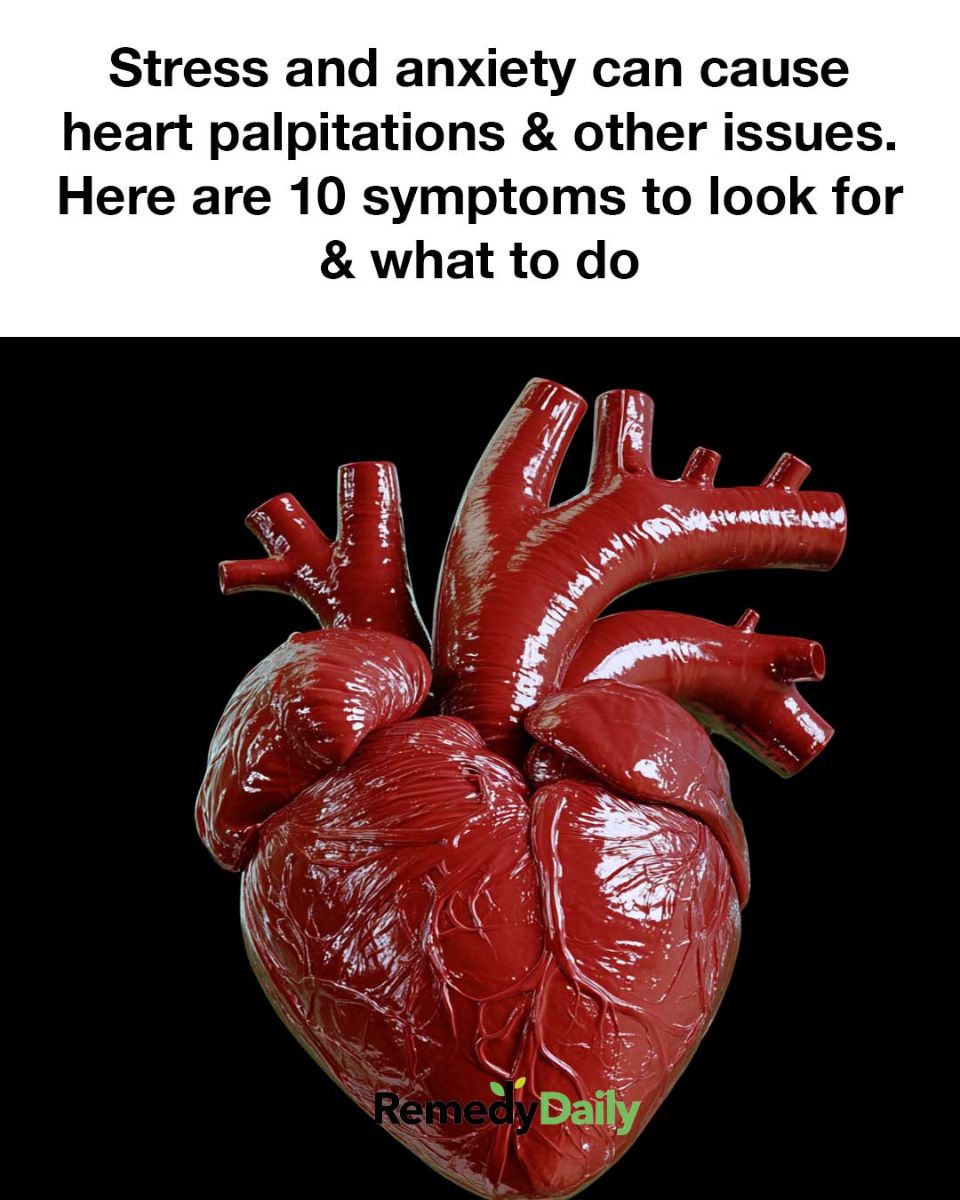10 symptoms caused by stress & anxiety and what to do
Morgan Reed
Contributing Writer
Stress and anxiety are common experiences in today’s fast-paced world. While stress is a response to a threat in a situation, anxiety is a reaction to the stress. Both can be beneficial in short bursts, helping individuals to focus and perform under pressure. However, when these feelings become chronic, they can have significant negative impacts on both mental and physical health. Understanding the symptoms and knowing how to manage them is crucial for maintaining overall well-being.
Understanding the Impact of Stress and Anxiety on Health
Chronic stress and anxiety can lead to a variety of health issues. They trigger the body’s fight-or-flight response, releasing hormones like adrenaline and cortisol. While these hormones are helpful in short-term situations, prolonged exposure can lead to health problems such as heart disease, diabetes, and mental health disorders. Recognizing the symptoms early can help mitigate these risks and improve quality of life.
Symptom 1: Persistent Headaches
Headaches are a common symptom of stress and anxiety. Tension headaches, in particular, are often caused by muscle tension in the neck and shoulders. Stress can also trigger migraines in susceptible individuals. Managing stress through relaxation techniques, such as deep breathing or meditation, can help alleviate headache symptoms.
Symptom 2: Chronic Fatigue
Feeling constantly tired despite getting adequate sleep can be a sign of chronic stress or anxiety. This fatigue is often due to the body’s constant state of alertness, which can be mentally and physically draining. Incorporating regular exercise and ensuring a balanced diet can help boost energy levels.
Symptom 3: Insomnia and Sleep Disturbances
Stress and anxiety can lead to difficulties falling asleep or staying asleep. The mind may race with worries, making it hard to relax. Establishing a calming bedtime routine and creating a comfortable sleep environment can improve sleep quality. Techniques such as progressive muscle relaxation or guided imagery can also be beneficial.
Symptom 4: Digestive Issues
The gut is often referred to as the ‘second brain’ because of its sensitivity to stress and emotions. Stress can lead to digestive problems such as stomach aches, bloating, diarrhea, or constipation. Mindful eating and stress-reduction practices like yoga can help manage these symptoms.
Symptom 5: Rapid Heartbeat and Palpitations
A racing heart or palpitations can be alarming and are often linked to anxiety. These symptoms occur as the body prepares to respond to a perceived threat. Practicing deep breathing exercises or engaging in regular physical activity can help regulate heart rate and reduce anxiety.
Symptom 6: Muscle Tension and Pain
Stress often causes muscles to tense up, leading to pain and discomfort, particularly in the neck, shoulders, and back. Regular stretching, massage, and physical therapy can help relieve muscle tension. Incorporating relaxation techniques into daily routines can also prevent tension from building up.
Symptom 7: Frequent Illnesses and Weakened Immune System
Chronic stress can weaken the immune system, making the body more susceptible to infections and illnesses. Ensuring adequate rest, maintaining a healthy diet, and managing stress effectively can help strengthen the immune system.
Symptom 8: Changes in Appetite and Weight
Stress and anxiety can lead to changes in appetite, resulting in weight loss or gain. Some individuals may eat more as a way to cope, while others may lose their appetite entirely. Keeping a food diary and seeking support from a nutritionist can help manage these changes.
Symptom 9: Difficulty Concentrating and Memory Problems
Stress can impair cognitive functions, leading to difficulties with concentration and memory. This is often due to the brain being preoccupied with stressors rather than focusing on tasks at hand. Mindfulness practices and cognitive exercises can help improve focus and memory.
